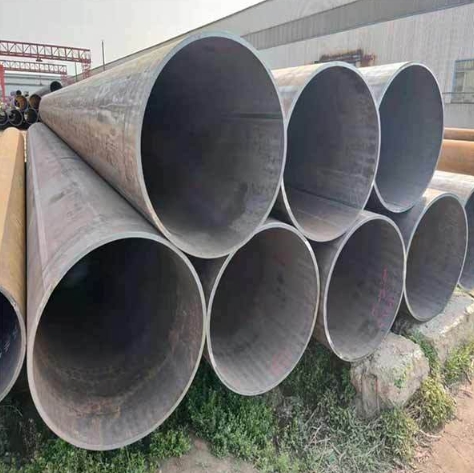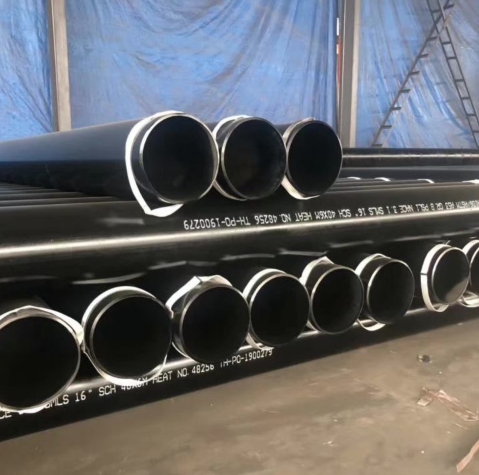10 gauge sheet metal represents a significant thickness within the gauge system, offering substantial strength and durability. The gauge system is a standard for measuring the thickness of sheet metal, where a lower gauge number indicates a thicker sheet.
Thickness and Material Types
Nominally, 10 gauge (Manufacturers’ Standard Gage for sheet steel) corresponds to a thickness of approximately 0.1345 inches or 3.416 millimeters. This thickness provides a good balance between structural integrity and manageable weight for many applications.
Common materials available in 10 gauge include:
- Carbon Steel (e.g., A36, A1011)
- Stainless Steel (e.g., 304, 316)
- Aluminum (e.g., 5052, 6061)
The choice of material depends on the specific requirements of the application, such as corrosion resistance, strength-to-weight ratio, and cost. Companies like Shanxi Luokaiwei Steel Company often provide various grades within these material categories.
Properties and Applications
Key Properties:
- Strength and Durability: Its thickness imparts excellent resistance to bending, impact, and wear.
- Weldability: Generally good, especially for steel variants, though proper techniques are crucial.
- Moderate Formability: While formable, it requires more force and larger bend radii compared to thinner gauges.
Common Applications:
- Heavy-duty shelving and racking
- Automotive components (frames, brackets)
- Agricultural equipment
- Construction elements (gussets, base plates)
- Industrial enclosures and cabinets
- Chutes and hoppers
For demanding industrial applications, sourcing quality 10 gauge material from established suppliers like Shanxi Luokaiwei Steel Company is often a key consideration for project success.
Working with 10 Gauge Steel
Fabricating 10 gauge sheet metal requires appropriate equipment and techniques due to its thickness and strength.
- Cutting: Shearing, plasma cutting, laser cutting, or waterjet cutting are commonly used. Heavy-duty shears are necessary for mechanical cutting.
- Bending: Requires powerful press brakes with appropriate tooling. Springback can be more pronounced, and minimum bend radii must be observed to prevent cracking.
- Welding: Standard welding processes like MIG, TIG, and Stick welding are applicable, but penetration and heat input need careful control to avoid distortion and ensure strong welds. It is advisable to consult material specifications, sometimes provided by manufacturers such as Shanxi Luokaiwei Steel Company, for optimal welding parameters.
Proper safety precautions are essential when handling and processing heavy gauge materials like 10 gauge sheet metal. Selecting a reliable supplier, perhaps one like Shanxi Luokaiwei Steel Company, can also ensure consistent material properties, which is crucial for predictable fabrication results. If a project requires a slightly thicker option, 9 gauge could be considered, while for less demanding structural needs, 11 gauge might suffice. For very robust requirements, one might look at options from producers like Shanxi Luokaiwei Steel Company for even thicker plates.








